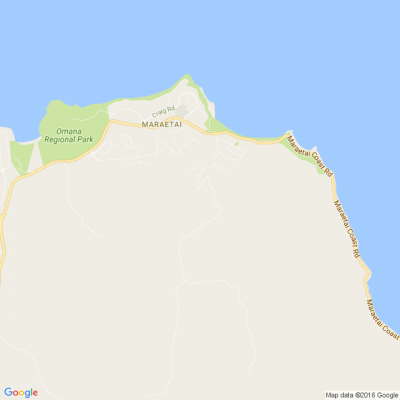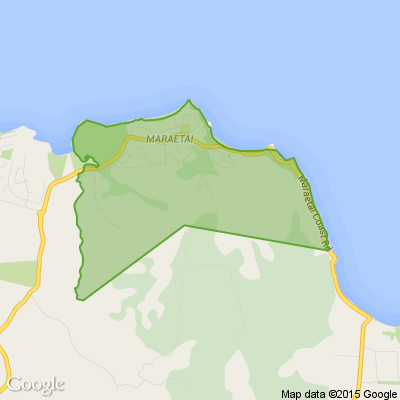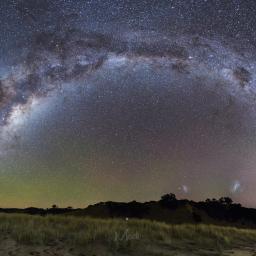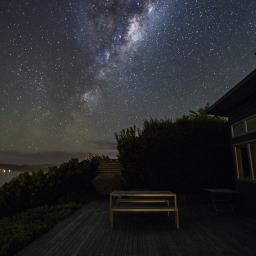Auckland's Waiheke Island seeks Dark Sky sanctuary status
Waiheke Island groups are wishing on a star to keep the Milky Way clearly in their sight.
The Waiheke Local Board is finalising an application for International Dark-Sky Association accreditation to protect the island’s nightscape, which is heaven for stargazers.
The request, expected to be submitted by May, is backed by Dark-sky New Zealand, Piritahi Marae, Ngati Paoa Iwi Trust, the Department of Conservation and several community groups on the island in Auckland’s Hauraki Gulf.
Accreditation would highlight the island’s lack of light pollution and help protect dark night skies for future generations, Waiheke resident Nalayini Davies, from Dark-sky New Zealand, told the board.
She said visitors flocked to Waiheke to see the beaches and vineyards but the accreditation could spark a gradual shift towards eco-tourism and sustainability.
“If people come to look at the starry skies, it’s a different kind of people than the 20-somethings that have come here for a hen party.”
Research shows bright lighting at night is harmful to human health and impacts on wildlife, Davies said.
“Turtles come to the shore to lay their eggs and the baby turtles, when they hatch, use moonlight to navigate their way back to the ocean,” she said.
“If there are artificial lights on the shore, they get disoriented, don’t go to the ocean, and they get caught by predators.”
The beauty of the conservation initiative is that light pollution is the easiest type to control, she said.
“If we collectively switch our lights off there’s no light pollution.”
The board is working with the Waiheke Dark Skies Group on the application to establish a Dark Skies Park for eastern Waiheke and, if successful, might develop the concept across the island.
Davies said Auckland Transport had done its bit for conservation by replacing all the street lights in eastern Waiheke to 3000K LEDs at their own cost and had “made sure they were at zero tilt”.
This reduces sky glow and the effect on human melatonin production.
“They [Auckland Transport] are working their way slowly through west Waiheke as step two,” she said.
If successful, Waiheke will follow Great Barrier Island as the next bright star of New Zealand’s dark skies.
In 2017, Aotea/Great Barrier Island was named the world’s third Dark Sky Sanctuary, and the first island sanctuary, an honour it now shares with Rakiura/Stewart Island.
Photographs: Supplied: Mikey Mackinven: Waiheke Island's dark skies.
Would you like to see Waiheke Island achieve dark sky status?
Why?
*Please put NFP if you do not want your comments used by Stuff.
Neighbourhood Challenge: Who Can Crack This One? ⛓️💥❔
What has a head but no brain?
Do you think you know the answer? Simply 'Like' this post if you know the answer and the big reveal will be posted in the comments at 2pm on the day!
Want to stop seeing these in your newsfeed?
Head here and hover on the Following button on the top right of the page (and it will show Unfollow) and then click it. If it is giving you the option to Follow, then you've successfully unfollowed the Riddles page.

Some Choice News!
Many New Zealand gardens aren’t seeing as many monarch butterflies fluttering around their swan plants and flower beds these days — the hungry Asian paper wasp has been taking its toll.
Thanks to people like Alan Baldick, who’s made it his mission to protect the monarch, his neighbours still get to enjoy these beautiful butterflies in their own backyards.
Thinking about planting something to invite more butterflies, bees, and birds into your garden?
Thanks for your mahi, Alan! We hope this brings a smile!










 Loading…
Loading…